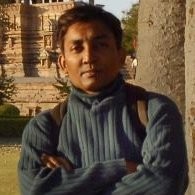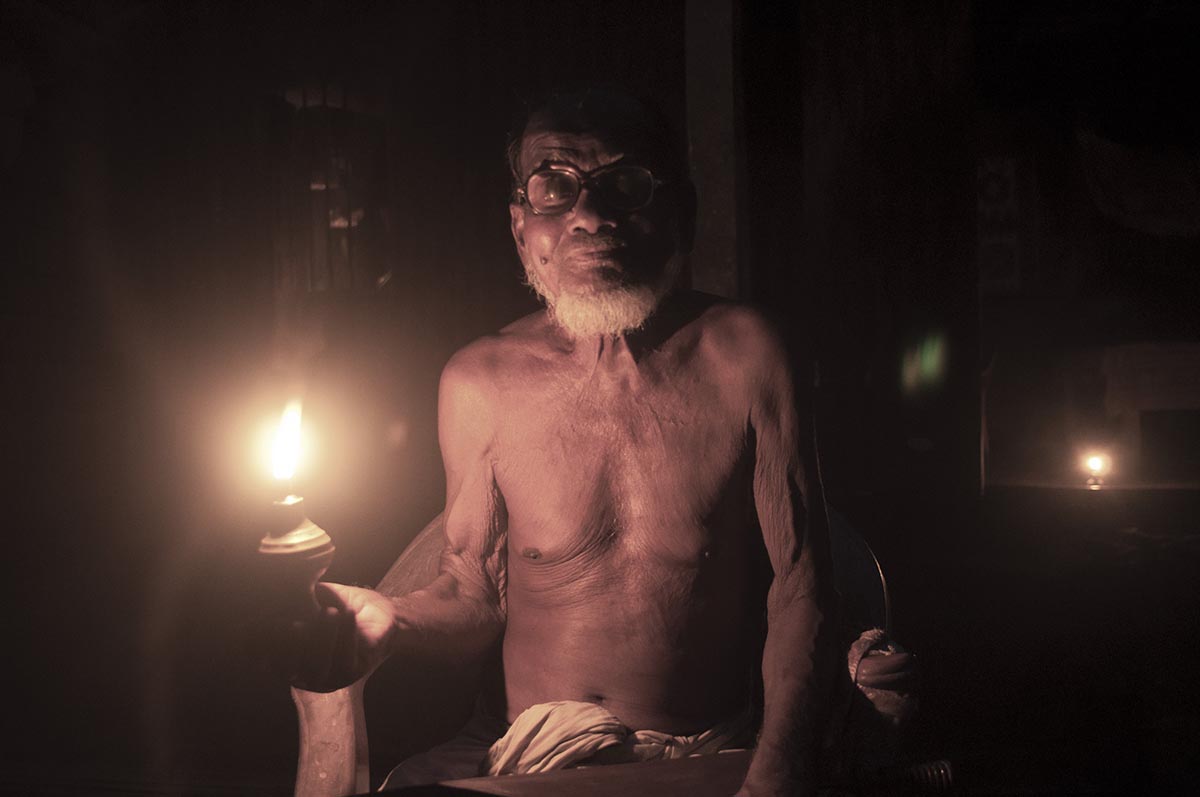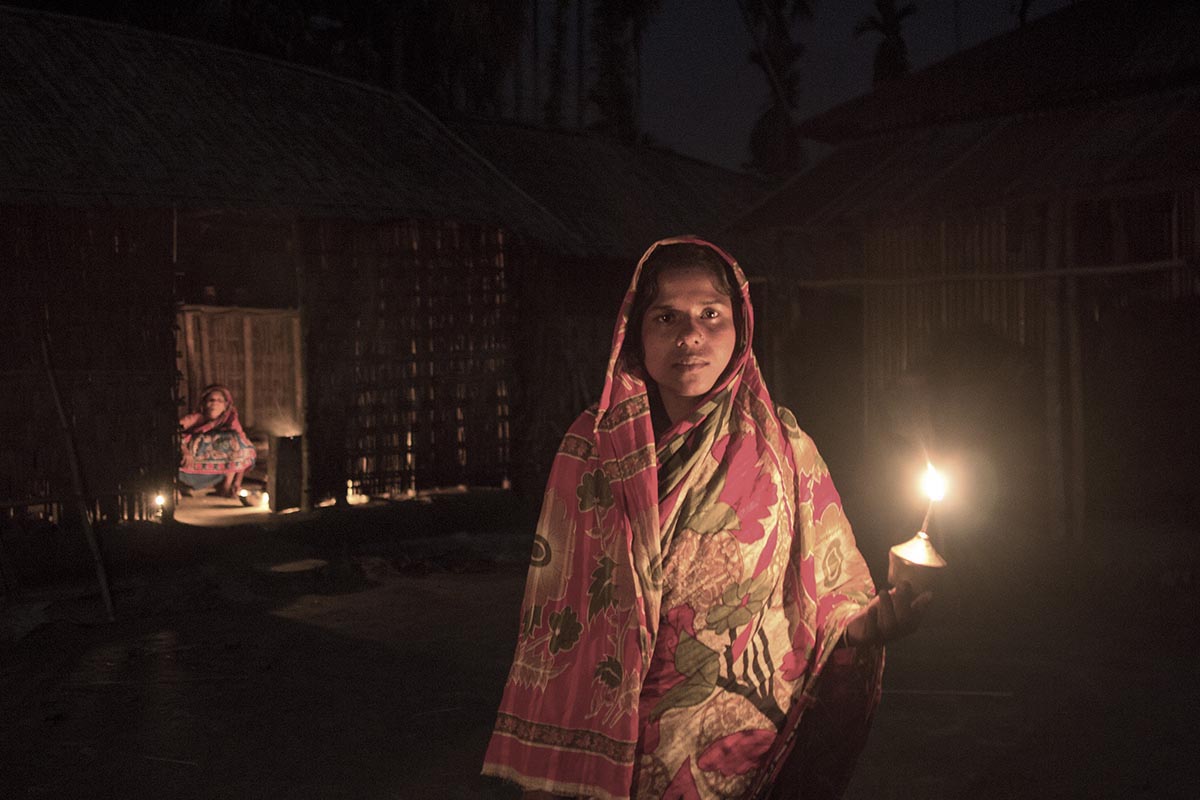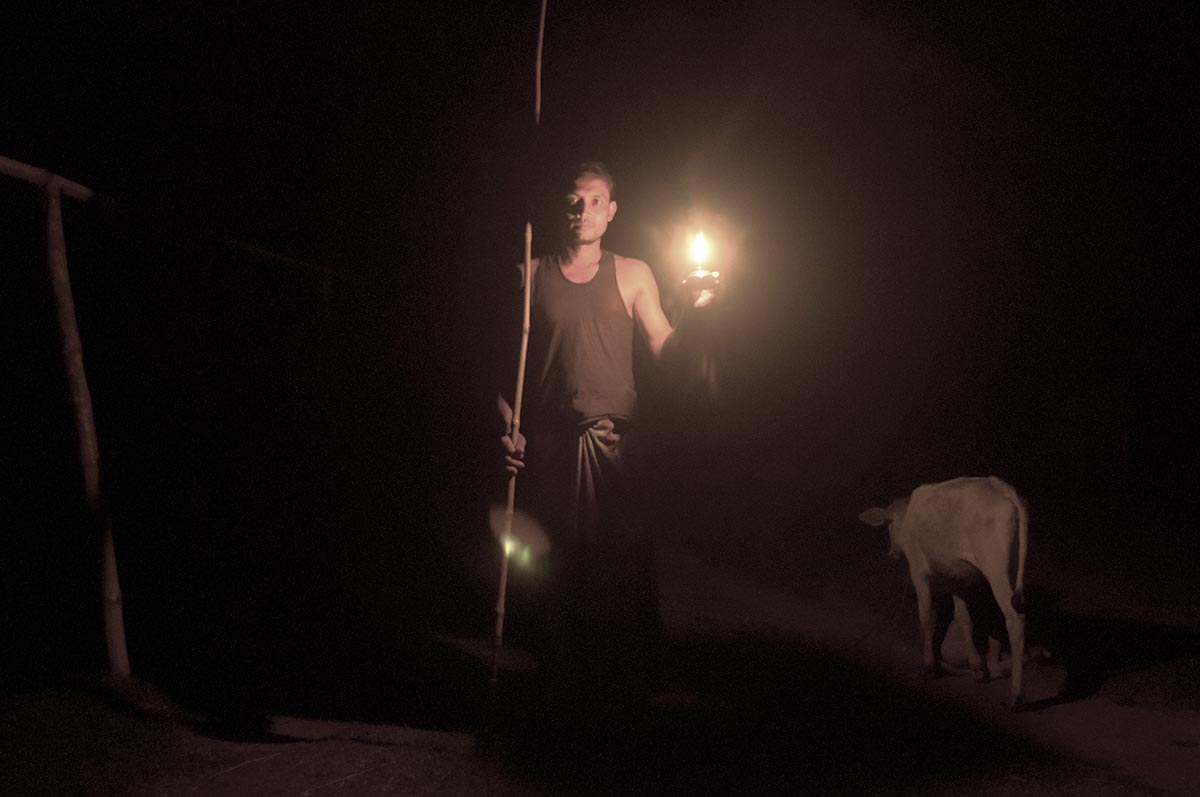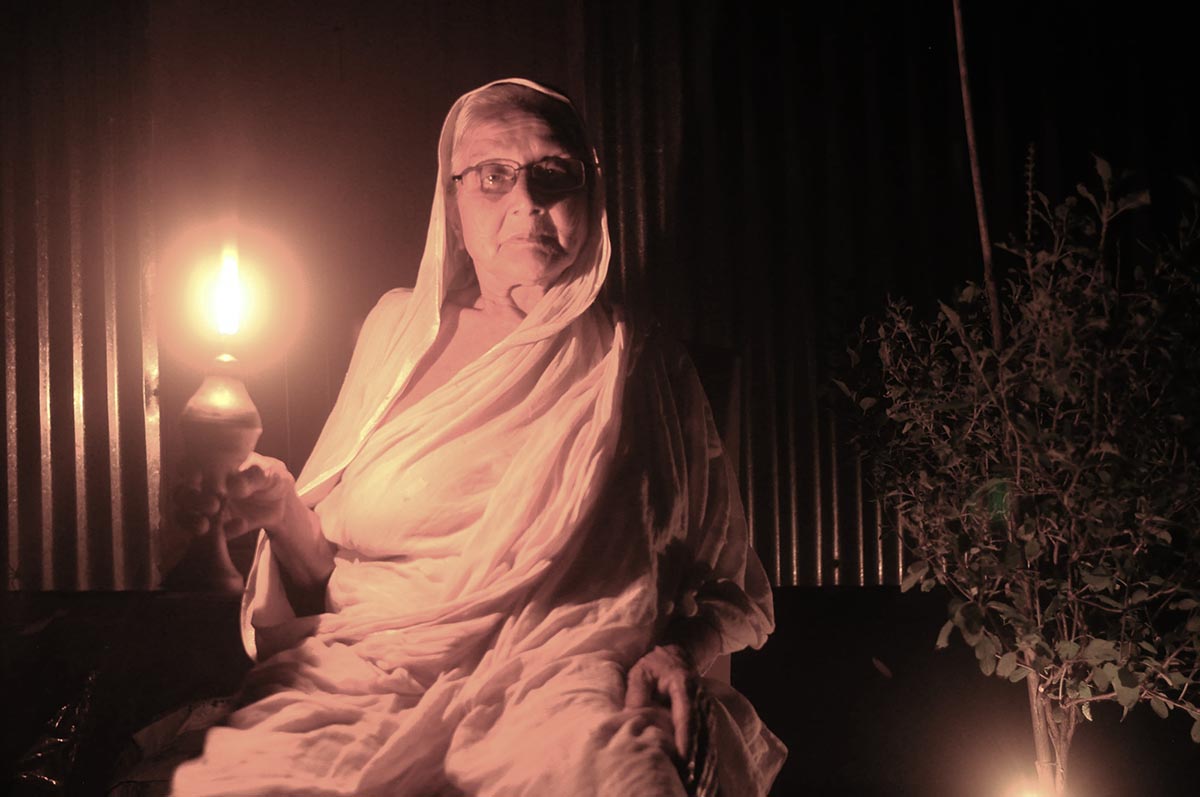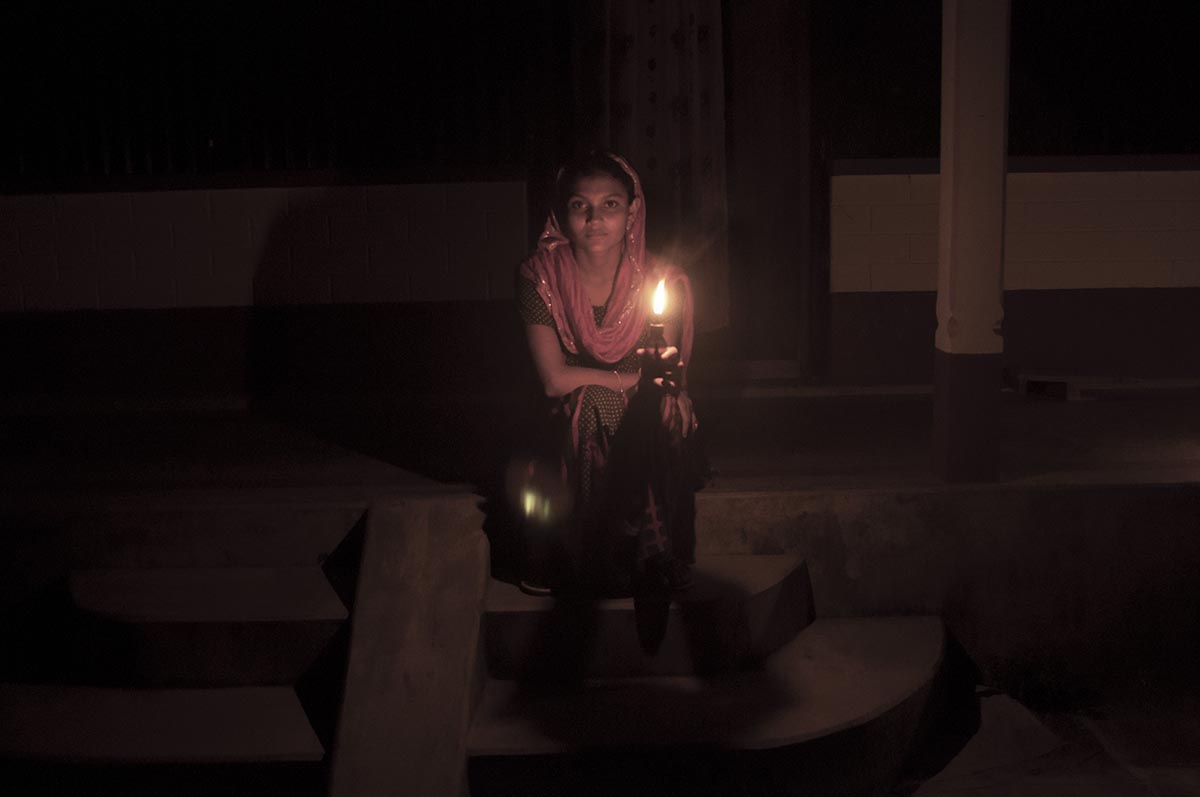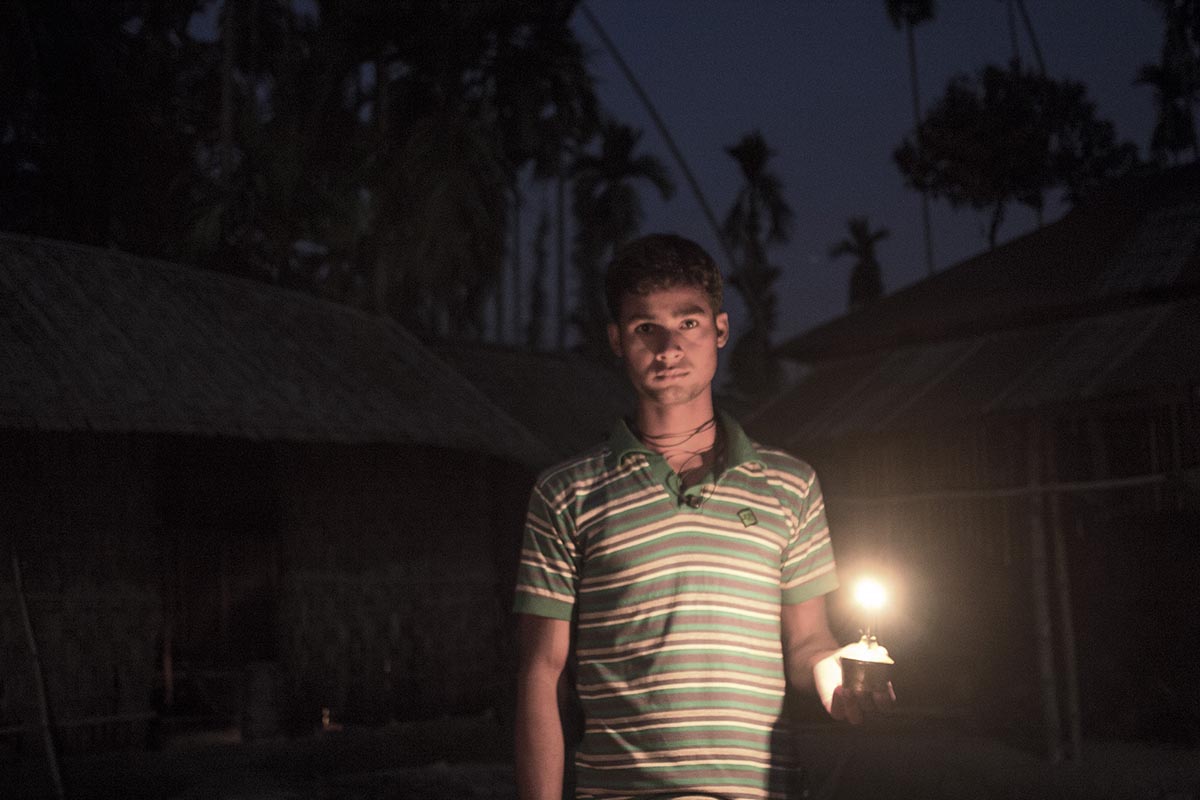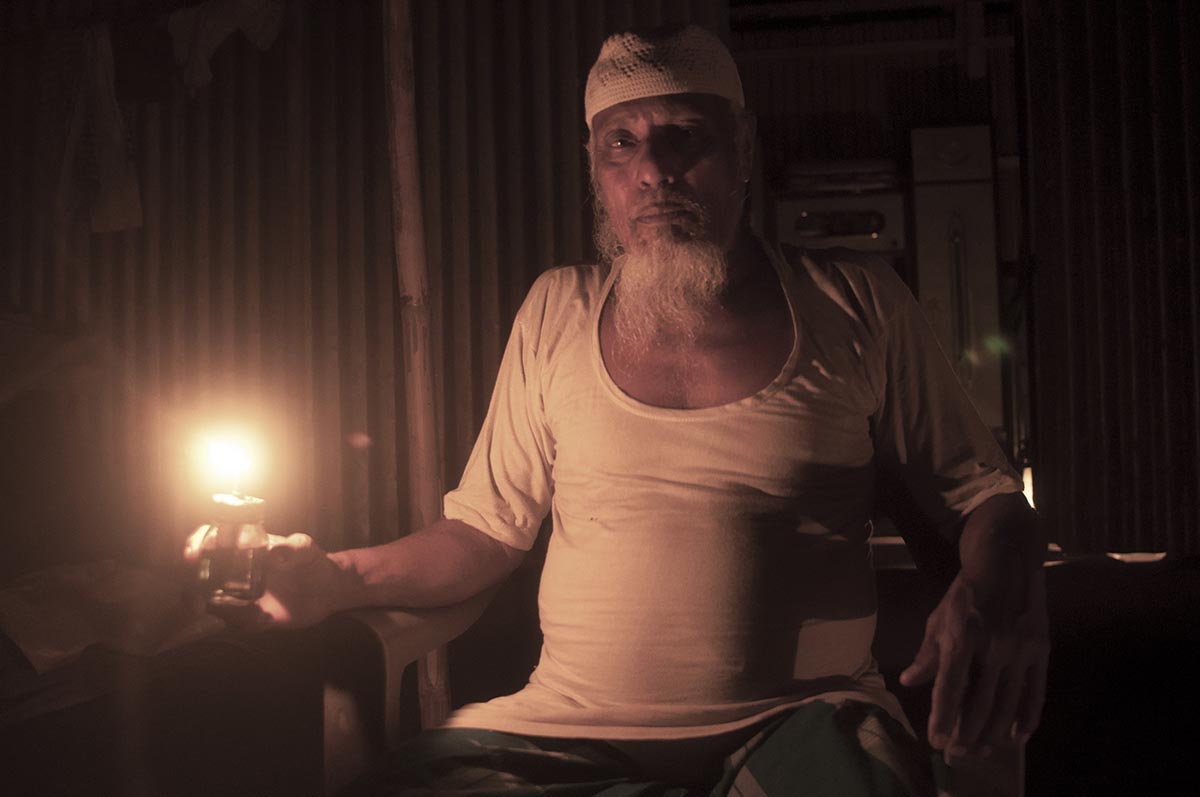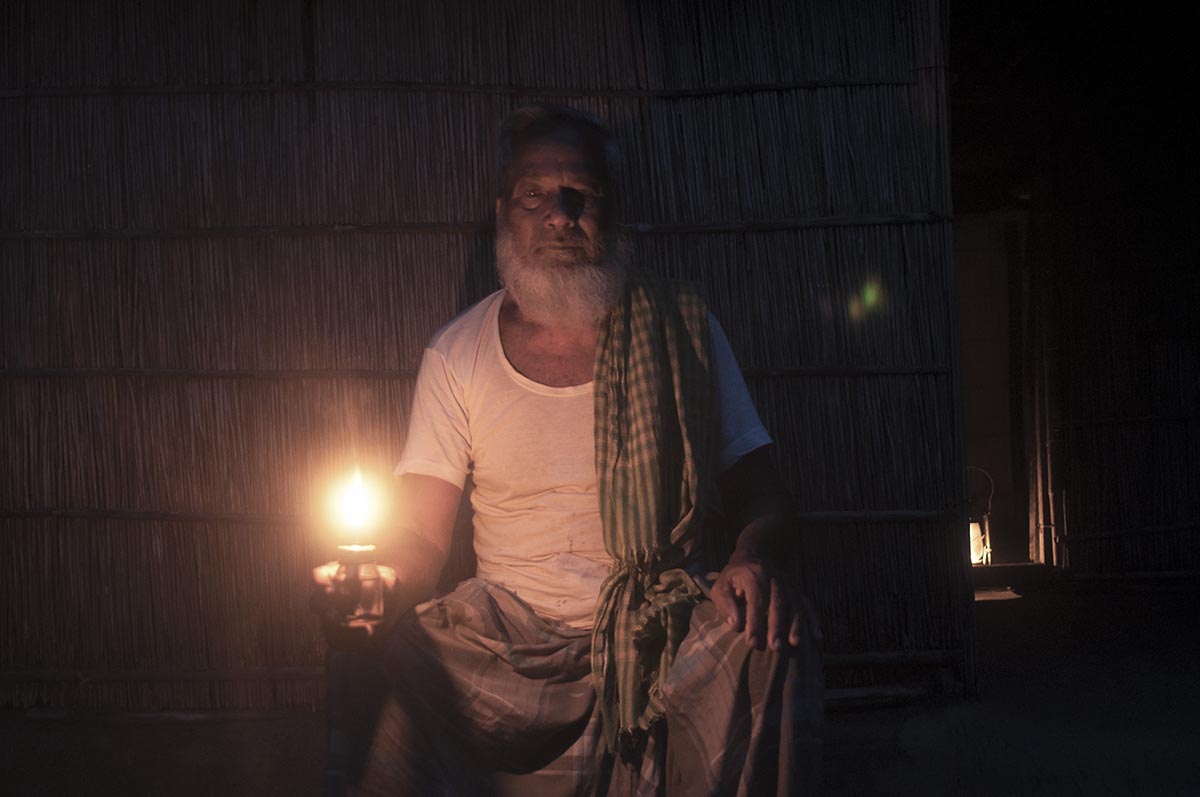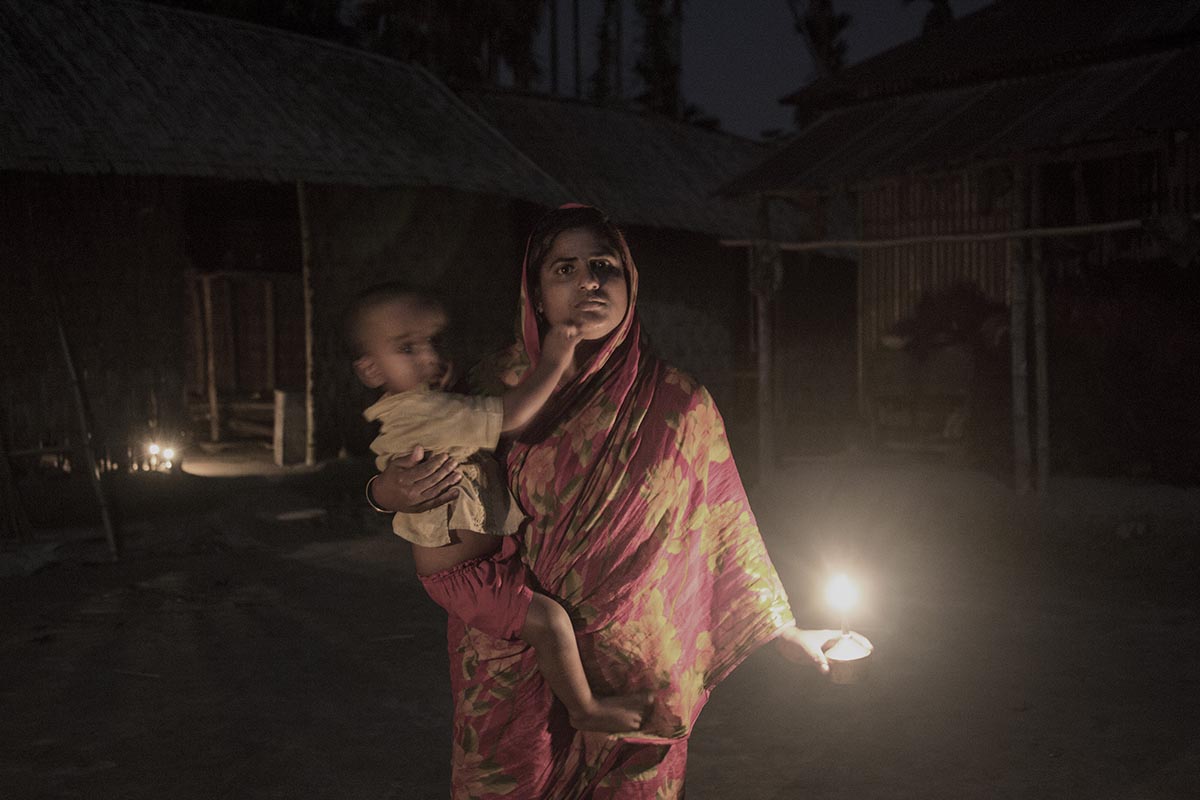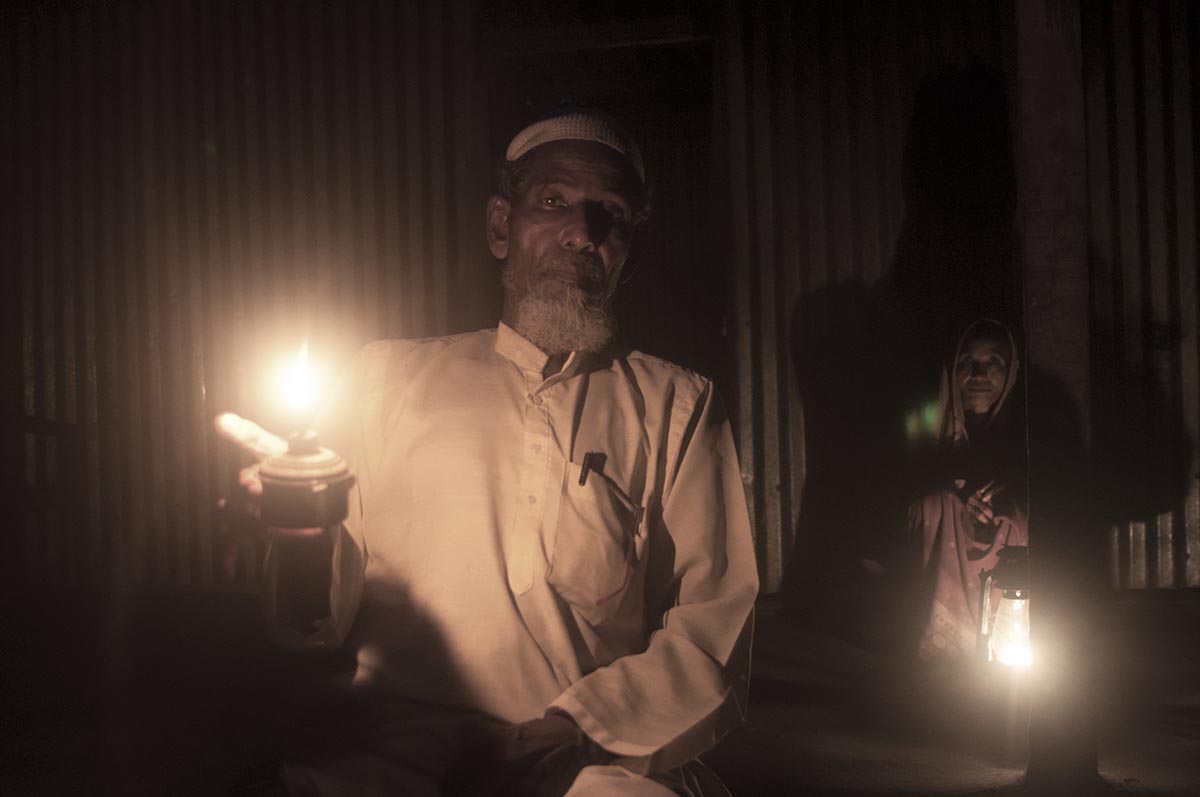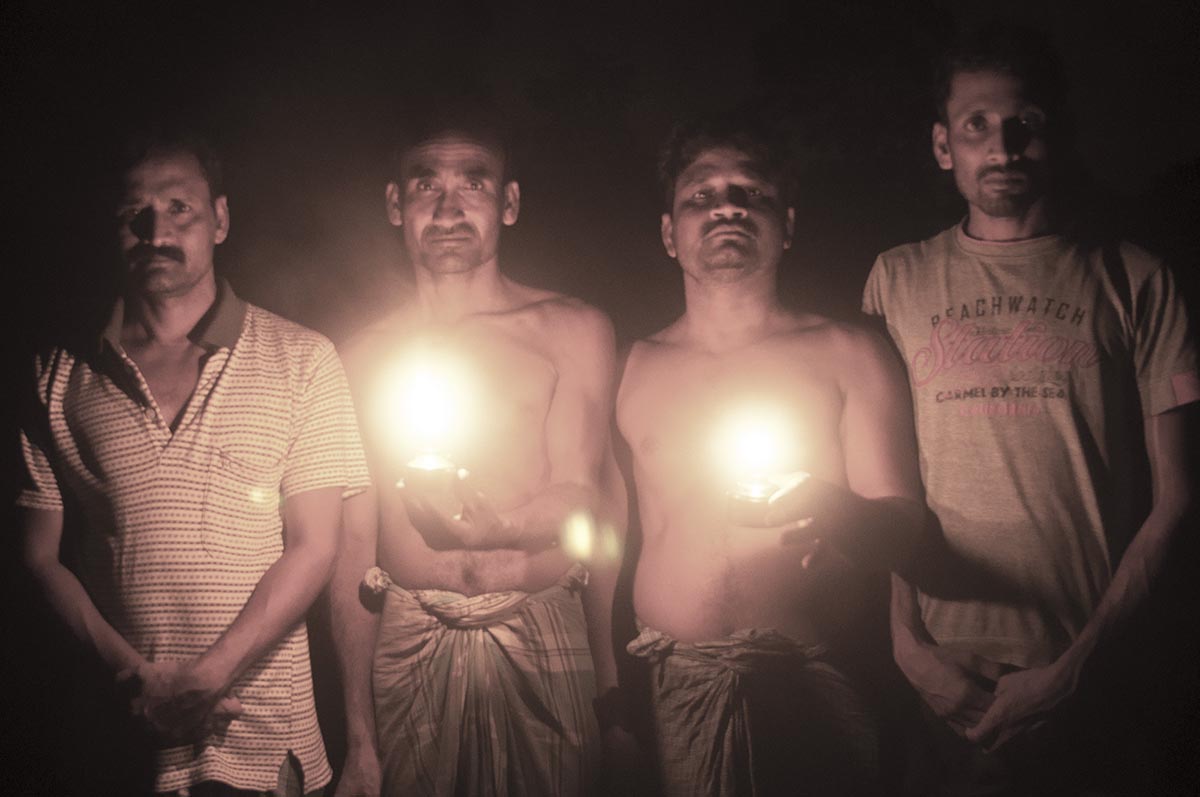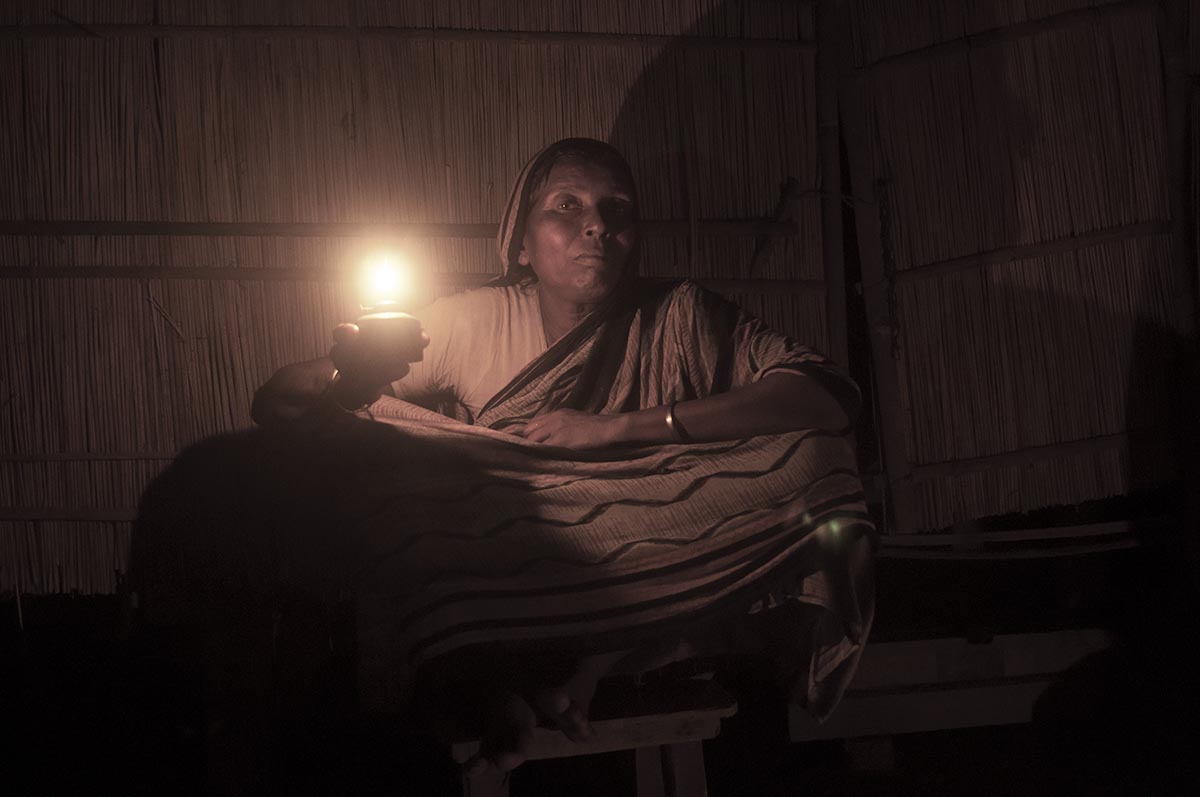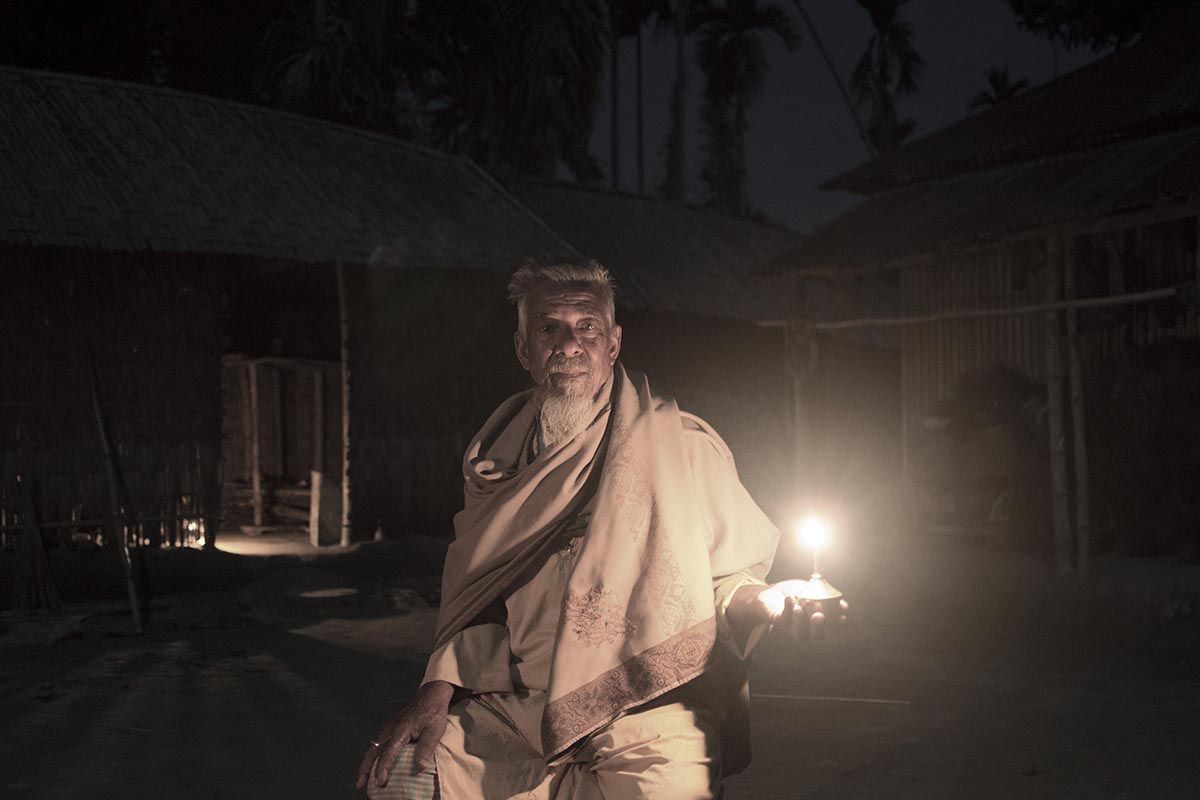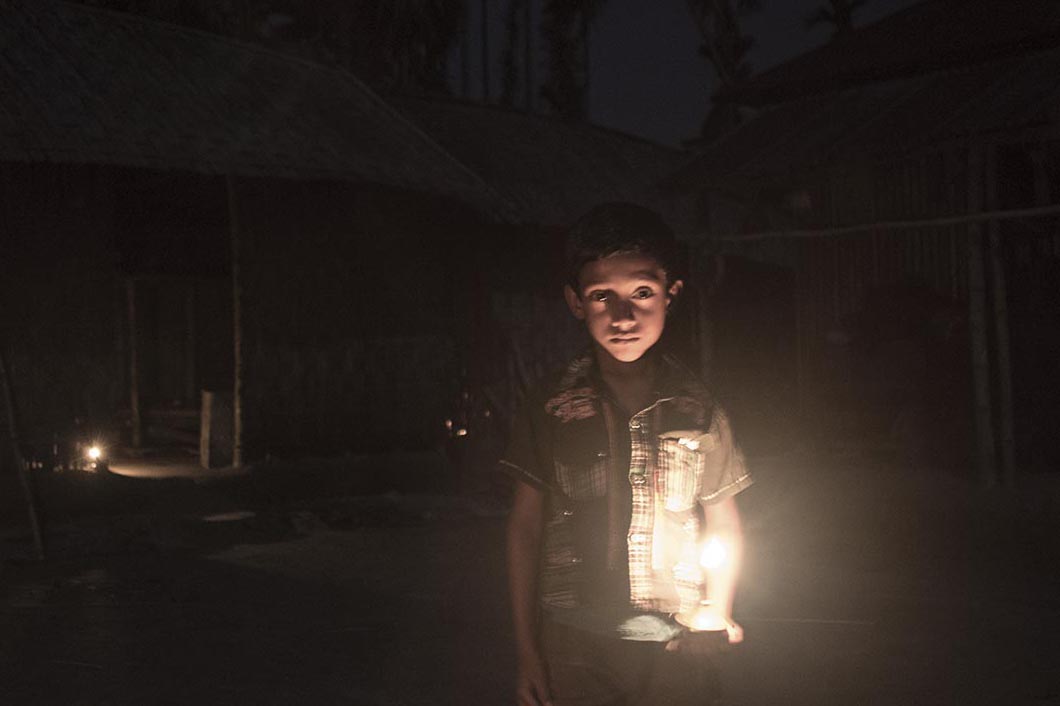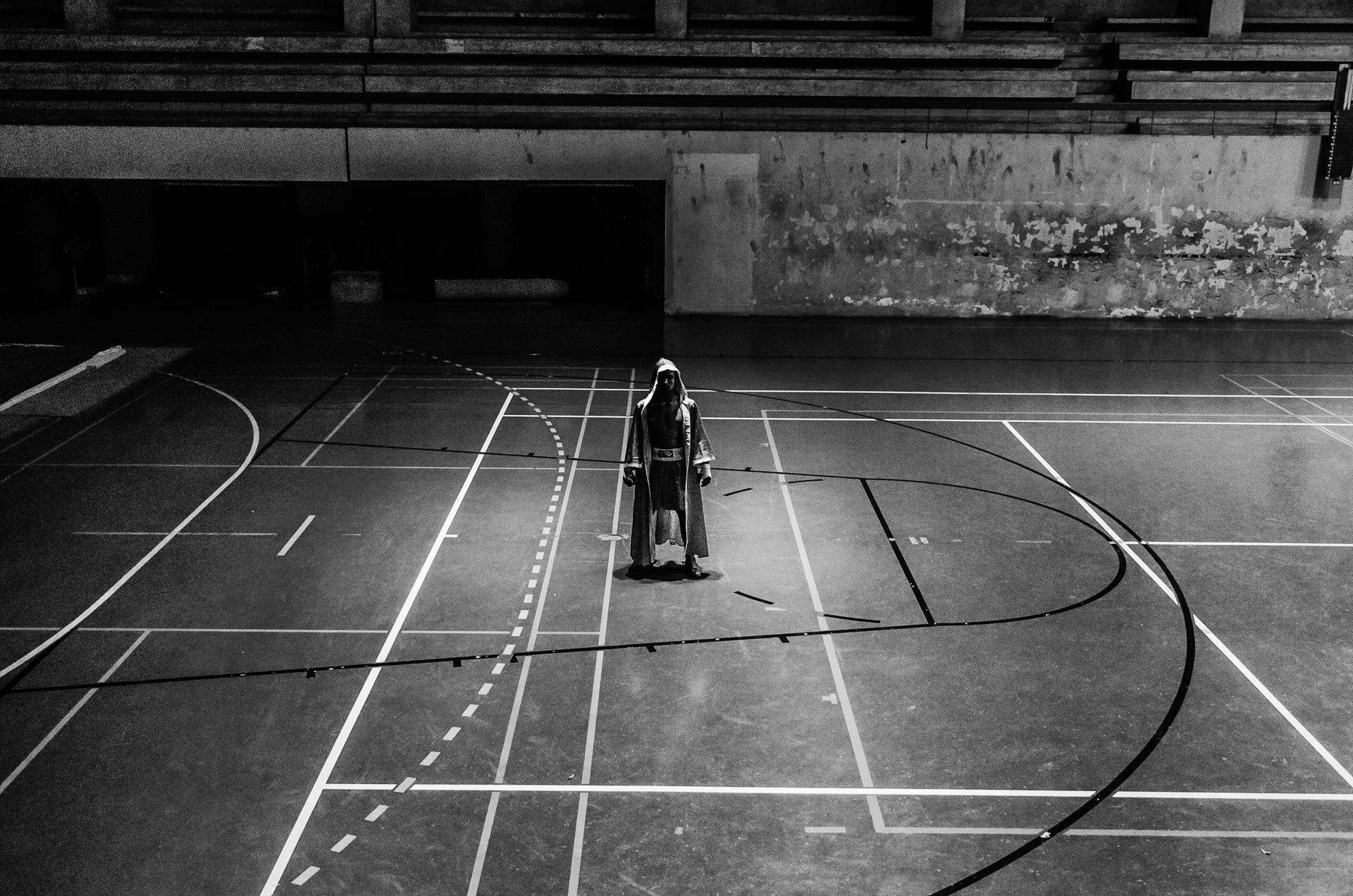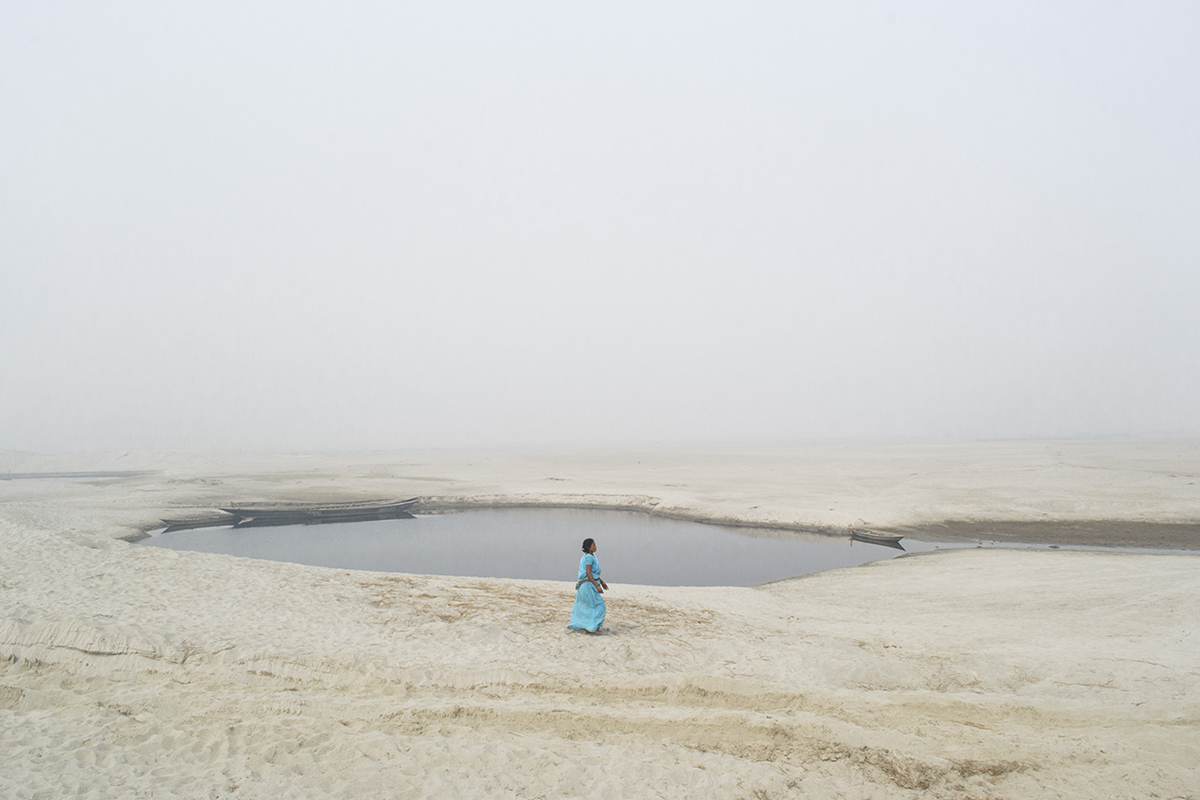Partha Sarathi Sengupta
People of Nowhere
During the Mughal period in India, the 162 Enclaves were used as stakes in card or chess games between two regional kings, the Raja of Coochbihar and the Maharaja of Rangpur. The Enclaves are locally known as Chits. These were territories like islands, surrounded by the other country's land, clustered on either side of the international border of India and Bangladesh.
In June 1947, the then-British Government appointed Sir Cyril Radcliffe for the boundary demarcation in five weeks of British India, into two new sovereign states - India and Pakistan. But Radcliffe and the other commission members for lack of information needed for the task of boundary demarcation. Soon after the Independence, the problem arose of Enclaves that were ignored by the Boundary Commission members at the time of boundary demarcation.
On 15th August 1947, India and Pakistan immersed in independence and freedom, the enclaves immediately turned into a foreign territory marooned in a country where earlier it was part of the same country and since then the oppression of humanity began by labeling the enclave people as “foreigners”. Since enclaves were located in India and Bangladesh, the access to these places was controlled by the respective country, although the sovereignty over the territory lies with the respective country. Due to the problem of their geographical location, people in these areas were unable to enjoy their basic, political, economic, social, and cultural rights as being enjoyed by the other ordinary citizens of the respective countries The Enclaves had been left: in a nearly stateless state of abandonment without a country or government. They were pockets of abject poverty that survived on an estimated average income of less than 50 cents. The questions of their citizenship are a major obstacle in resolving the problem: residents faced persecution from Indian and Bangladeshi authorities whenever they stepped out of their enclaves. This they needed to do often to sell their agricultural produce, buy essentials, access healthcare, or even earn a livelihood. More than 75% of the residents of the Bangladeshi and Indian enclaves have spent time in prisons after being arrested for violating the Foreigners' Act for entering Indian or Bangladesh territory without having valid travel documents. The whole social system was paralyzed and continued for 68 years. Illegal social activities and crimes happened outside of the enclave territory but the area became a shelter for criminals as the police or local administration were prohibited from entering there because of a foreign territory. People outside of the Enclave area inflicted oppression on the enclave people by terrorizing and keeping them under constant threat of torture and extortion as the latter needed the help of outsiders for survival.
Finally, the apathy and disownment of 68 years ended on 1st August 2015 as the people of the enclave got freedom of independence by the citizenship status either of India or Bangladesh.
As they got freedom but the real problem in their life began now for the enclave people. The local politics of India and Bangladesh are particularly detrimental where abduction and killing of people seldom takes place. The enclaves are new turf to be captured by local politicians, money to lure people for vote bank politics and clashes are evitable among political parties to enroll as many people in their party roaster. The challenge of the erstwhile enclave people is how to mitigate this problem, as their social development is directly related to an affiliation with a political party though most enclave people are against it. Incidents of clashes are already happening among political parties to gain control of the newly independent erstwhile enclave areas, torching of houses of people who refuse to be part of any political party, and other social exploitation, etc. The peace and unity shown by the people of the enclave during their struggle period will be a distant past as their new lives will be very much part of the harmful political culture gradually which they will accustomed.
.
